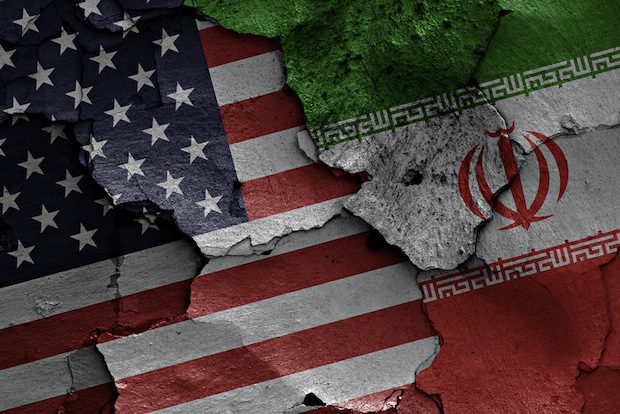Iraq and the Administration’s Iran ‘Strategy’

The Iraq prime minister understandably doesn’t want his country to become the battleground in a U.S.-Iranian grudge match:
As Iraqi forces reclaim the last stretches of territory held by the Islamic State, Prime Minister Haider al-Abadi said he would not allow his country to become an arena for the United States, Iran and Sunni powers to fight out their rivalries.
“We would like to work with you, both of you,” Abadi said of the United States and Iran. “But please don’t bring your trouble inside Iraq. You can sort it anywhere else.”
The Trump administration should respect this in the case of Iraq, and it would be best if Washington didn’t try to find some other country to “sort” out its disagreements with Iran. I’m sure no other government in the region wishes to sees its country turned into a killing field so that outside forces can compete with each other for preeminence. Syria has already been devastated because of such reckless competition, and Iraq shouldn’t be made to suffer even more than it already has for the sake of thwarting a so-called “land bridge.” Preferably, the U.S. would entirely stop using combating Iranian influence as a pretext for backing disastrous policies elsewhere in the region.
The Iraqi government is making clear that it isn’t interested in serving as a front-line state as part of the administration’s anti-Iranian “strategy.” For our part, the U.S. should respect that, treat Iraq as a sovereign state rather than a pawn, and find some modus vivendi with Iran that acknowledges that the U.S. and Iran sometimes have overlapping and shared interests.
Comments